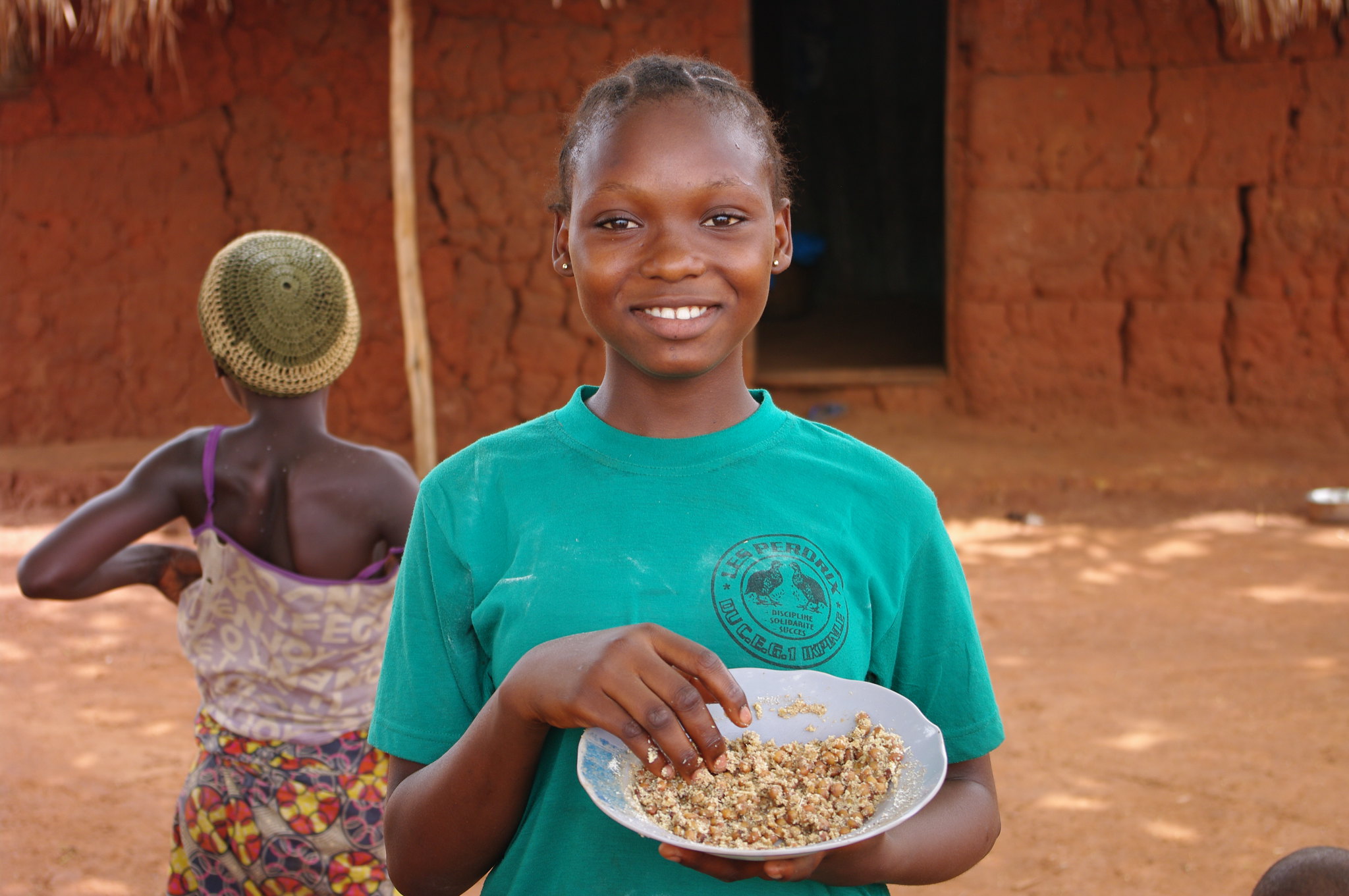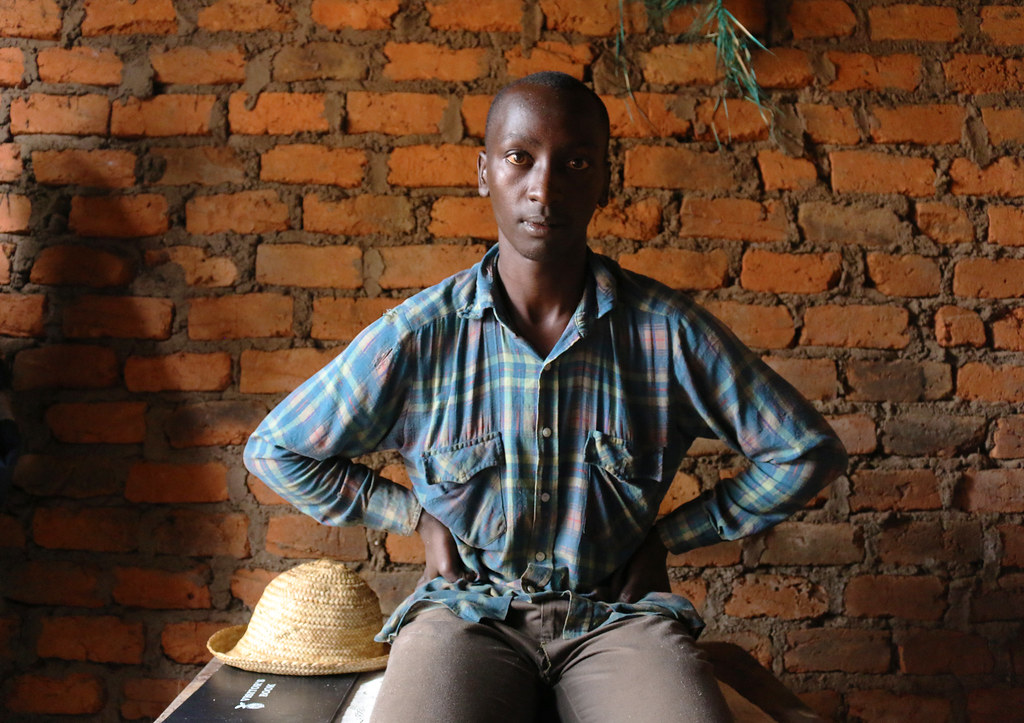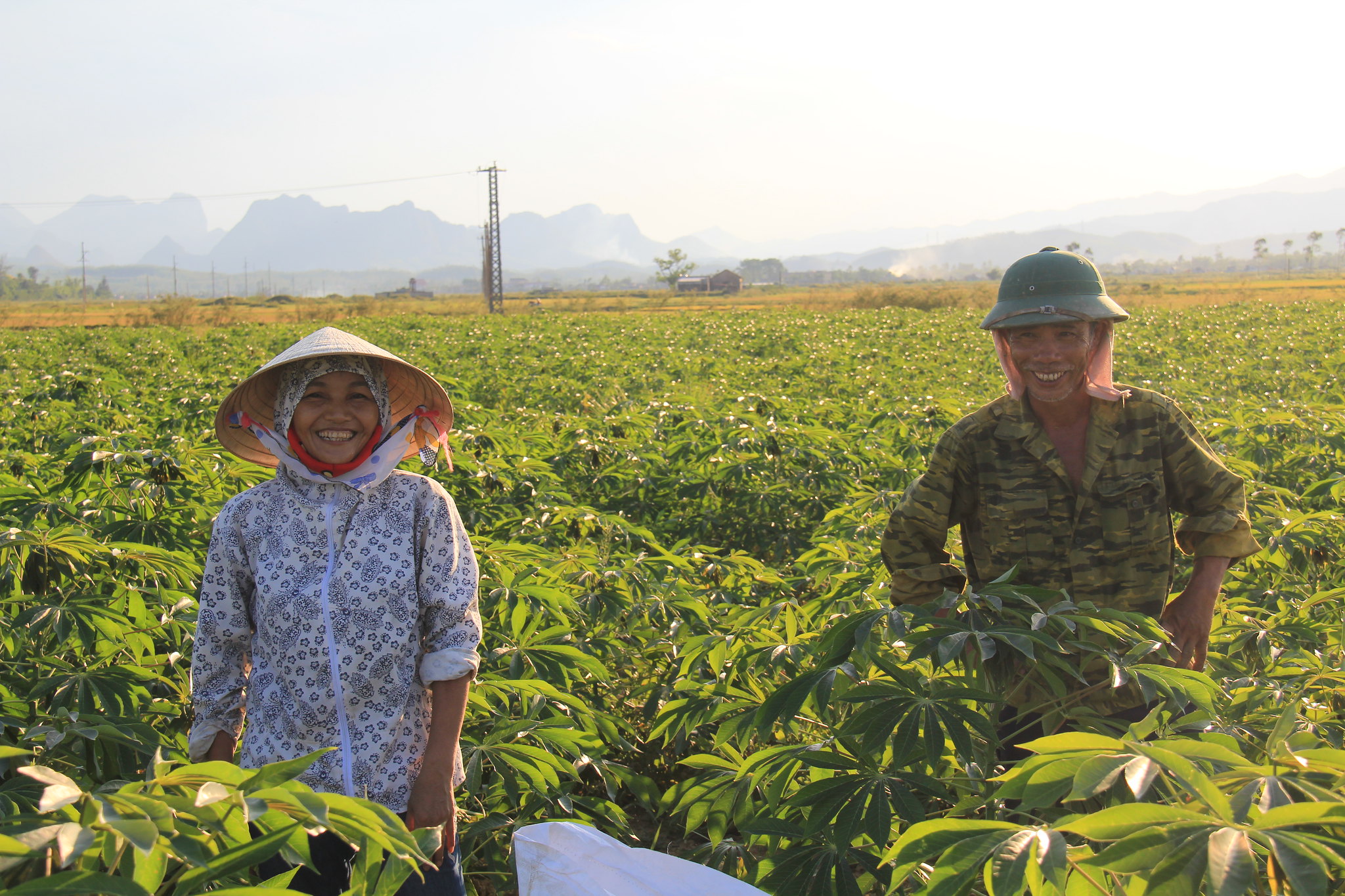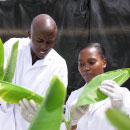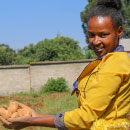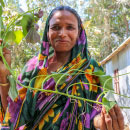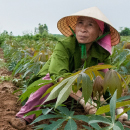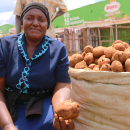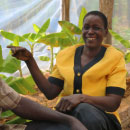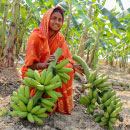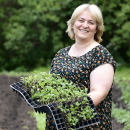Research into gender and youth has been a core concern from the start of RTB.
Exploring social norms and gendered power relations is fundamental to developing agricultural innovations that do not disadvantage women and that deliver equitable benefits. Age, too, is of great interest as we seek to attract young people to sustainable rural livelihoods that can meet their aspirations. The role of RTB crops in agriculture is changing rapidly in different ways in different regions. Commercialization and private sector involvement is one factor, but so is male out-migration and the subsequent feminization of agriculture. Established norms — for example, that earning money is men’s work, while providing food is women’s work — are shifting, but still challenge equitable outcomes of agricultural development. RTB crops, traditionally a source of food security for women and income opportunities for men, are caught up in these changes.
RTB played a major part in the CGIAR GENNOVATE initiative, which provided a great opportunity to build a deeper understanding of gender roles and responsibilities around the world. Insights from GENNOVATE have been used to develop gender-responsive RTB research and tools to facilitate the integration of gender into a range of research and development projects.

